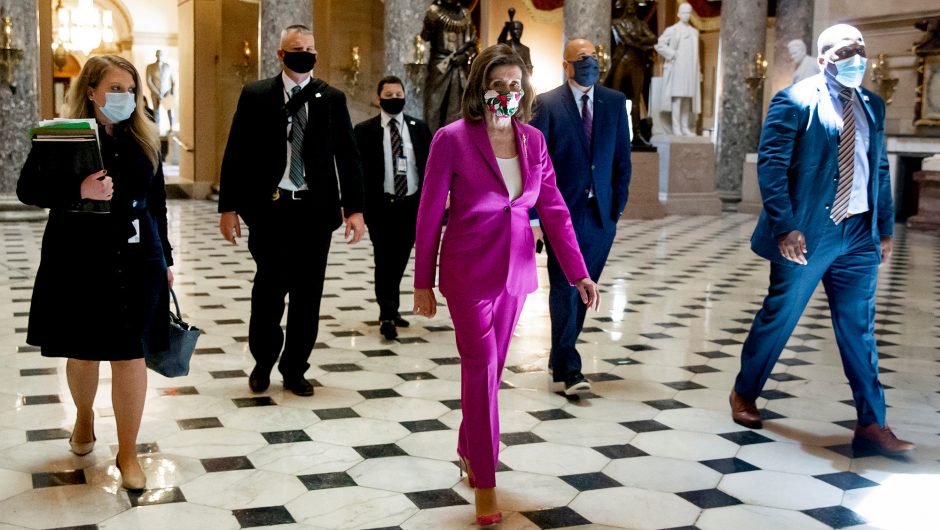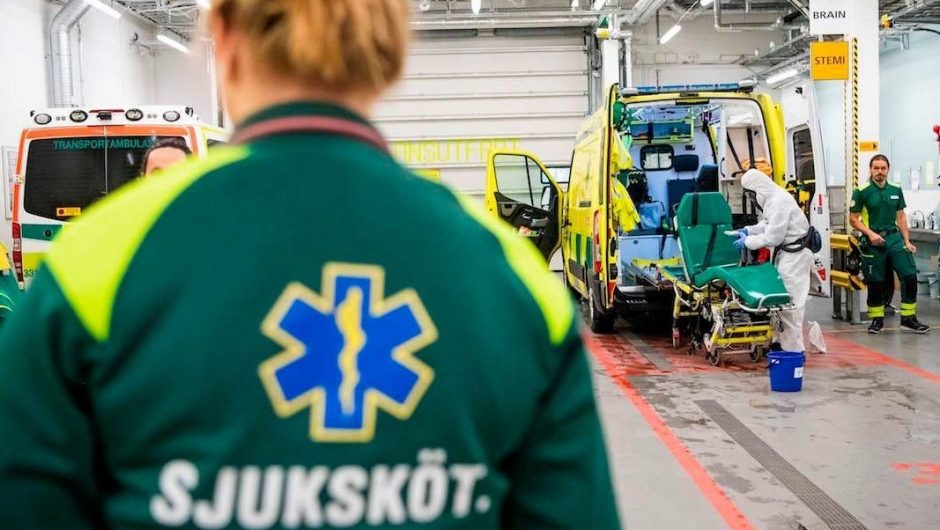Scientists across the world are attempting to discover a vaccine for Covid-19 – Thomas Angus/Imperial College London
The first coronavirus vaccine tested on humans appears safe and generated antibodies which stopped the virus replicating, according to early trial results shared on Monday.
Eight healthy volunteers saw few adverse effects after taking two doses of the potential vaccine, according to Moderna, its manufacturer based in Massachusetts.
It appeared to trigger an immune response – the critical requirement of a working vaccine – producing “neutralising antibodies” in all eight of the patients.
The levels of those antibodies were similar to that found in people who caught Covid-19 and then recovered.
Dr Tal Zaks, Moderna’s chief medical officer, called the result a “first important step”, with much more testing needed. Some medical experts urged caution, seeking more data.
A second phase of trials with around 600 people will begin soon, while a third involving thousands of people will start in July.
Moderna’s stock price was up 40 per cent in pre-market trading as the results emerged. The positive news is only one step in the long road to a potential vaccine.
Newsletter embed
Telegraph US 2020 Newsletter
Expert insight and exclusive analysis on the 2020 election, written by our US team.
Sign up
Even if the coming trials are successful Moderna’s vaccine would not be available until between January and June 2021.
However, given there is some doubt that a vaccine can even be found, the results provide hope that a breakthrough can be achieved.
Currently there is no proven treatment or vaccine for Covid-19. Dozens of companies across the world are scrambling to develop a vaccine.
Three different doses of the potential vaccine were trialled by Moderna. The positive results were found in those who tried the low and medium doses.
Only one participant who took these doses had any adverse reaction, a redness around the point of injection on the arm which eventually cleared.
People who took the high dose saw more adverse reactions, including fever and headaches. The higher dose is expected to be eliminated from future trials.
Story continues
The company also announced that when the vaccine, called mRNA-1273, was given to mice who were then exposed to coronavirus the virus would not multiply in their lungs.
Stephane Bancel, chief executive of Moderna, told The Washington Post: “We are very, very happy because first the vaccine was generally safe.
“The piece that was really exciting and was the big question, of course, was can you find antibodies in people in enough quantities [to prevent disease].”
Peter Jay Hotez, who is developing a coronavirus vaccine at the Baylor College of Medicine, told the paper that it would be important to see the exact level of antibodies produced in each participant.
When Moderna’s trial started in March it was believed to be the first time a potential coronavirus vaccine had been tested on humans.








